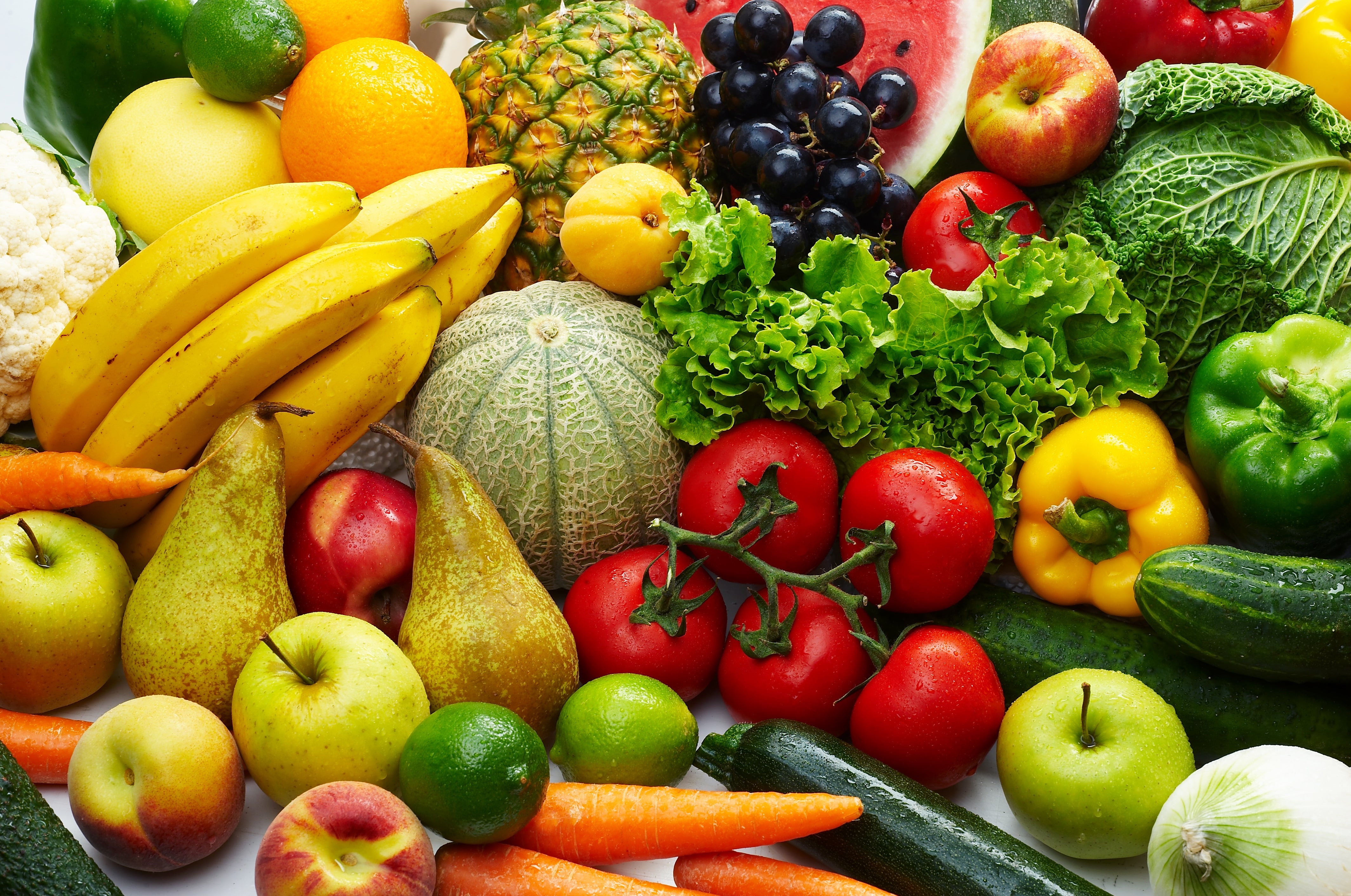Ministers from CELAC countries analyzed the progress made on implementing this plan and the main challenges facing regional food security. They also discussed the impact of climate change on the basis of a new study drafted by the FAO, ECLAC, and ALADI for the event. The meeting took place between August 1 and 3, 2016, in the Dominican Republic.
The CELAC food security plan emphasizes the need for countries to develop national food security laws to guarantee their populations’ right to food.
It also calls on countries to strengthen their food supply programs, revitalize food supply companies and centers, promote food reserves, and incorporate a gender perspective in the fight against hunger.
The progress made at the meeting includes a national food security law in the Dominican Republic, regional strategies to reduce food loss and waste, and a program of resilience against drought in the Central American dry corridor.
Gender inequalities are one of the main issues underlying food insecurity in the region.
The event included the presentation of the report entitled “Seguridad alimentaria, nutrición y erradicación del hambre CELAC 2025. Elementos para el debate y la cooperación regionales [Food security, nutrition, and ending hunger. CELAC 2025. Factors for regional debate and cooperation]” (link in Spanish).
The FAO is providing support for CELAC in developing a regional strategy for disaster risk management for the agriculture sector and food security since disasters caused damage worth US$34 billion in the region between 2003 and 2014, affecting 67 million people.




